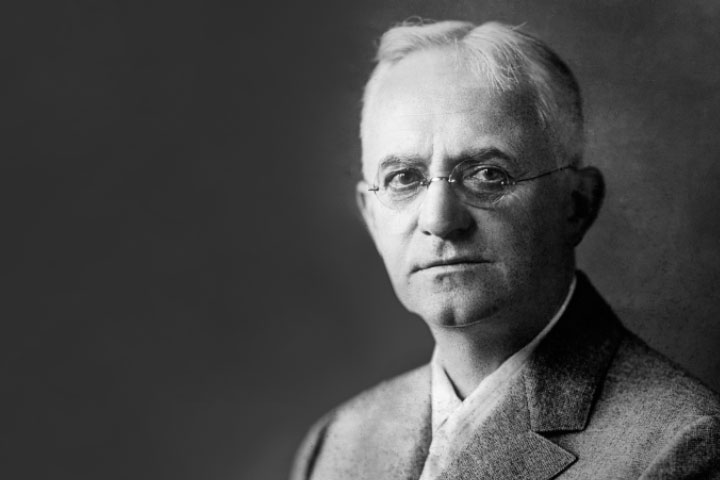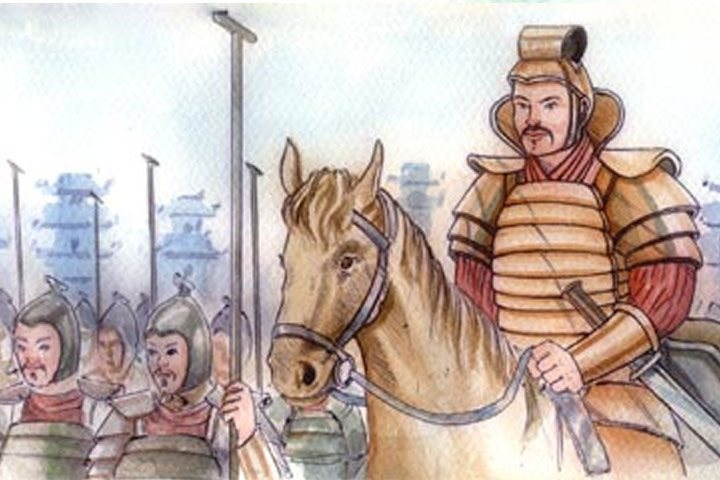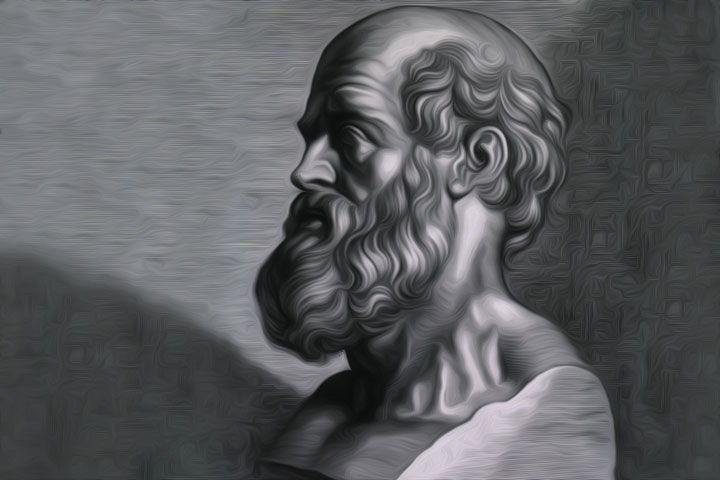
“What do you want with her? I will find you a much prettier woman for ten Talents," is an ignominious quote attributed to Speussipus, an ancient Greek thinker whose works are lost either in obscurity or went disregarded due to his alleged bad reputation. These words are similar to those used by modern day flesh traders. Yet, Speussipus was no pimp: He was a student of Plato, the great ancient Athenian thinker and also his nephew and the successor who continued the ‘Academy’ after his great master passed away.
Speussipus was derided because he diverted from Plato’s teachings and began charging fees from students, was easily lured by luxury and wealth, had scant respect for other thinkers and would engage himself with anybody for pecuniary gains.

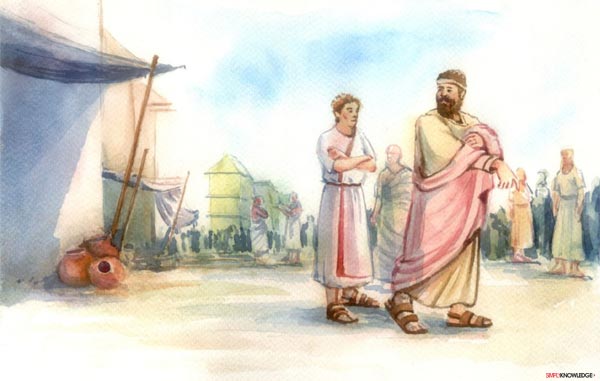
Speussipus was the son of Plato’s sister Potone, and was born in Athens in 410BC, when his famous uncle was studying under another great Athenian thinker, Socrates. He made his debut in the world of psychology as a trainee and joined Plato on his third trip to Syracuse. Speussipus is considered as a prodigy who took to thoughts and writing after several noblemen commended him for his wily, scheming mind combined with decorous behaviour. Among Speussipus’ ardent fans were Dion, one of the Thirty Tyrants who ruled Athens briefly after the republic-empire lost the prolonged Peloponnesian War.
Reasons why Dion patronized Speussipus are unclear but it was likely the tyrant doted over the young thinker since they were related in some manner: Potone and Plato hailed from an aristocratic family and two of their uncles were also among the infamous Thirty Tyrants.

Speussipus’ leanings towards thoughts and writings originated due to his close proximity to uncle Plato who headed the prestigious Academy. Ancient Greek historian and chronicler Diogenes Laertius has written about Speussipus but the work is believed to be embellished by bias and disdain. Laertius claims, Speussipus authored over 30 dialogues and treatises on a wide range of topics ranging from Pythagorean mathematics to common psychological concepts on love and hate, wealth and happiness, well being and carnal pleasures, among others.
Modern day researchers say that most works by Speussipus have perished with only a fraction now remaining. Further, the extant work is also in the form of citations and quotes contained in texts by other thinkers, including Aristotle- who was Plato’s most brilliant student.

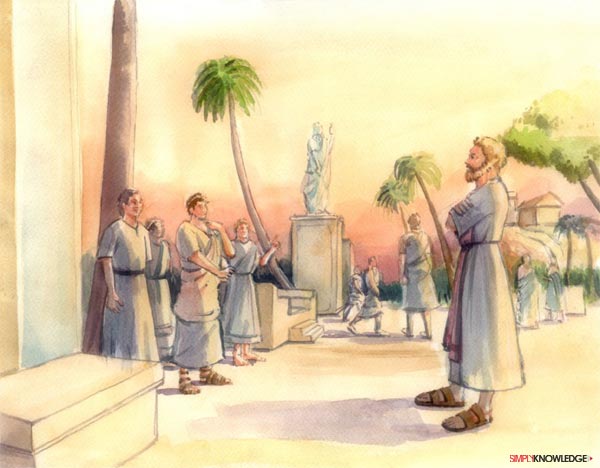
Speussipus is generally not considered worth mention because his general behaviour, which included flirting with female students of the Academy, charging fees for teaching, illusory techniques used to lure the rich and famous and a morbid love for luxury and riches were considered sacrilegious among thinkers in ancient Athens. The only reason that Speussipus is studied to date is because his works offer a nebulous insight into the functioning of the Academy and the thoughts of Plato.
Diogenes Laertius claims Speussipus was the bone of contention between Plato and Aristotle, since the former had not decided on his successor while Aristotle had assumed he would be the natural heir, given his knowledge, its acceptance and unflinching dedication. When Speussipus succeeded Plato, a disgruntled Aristotle left the Academy in huff and founded his own school, the Lyceum. Laertius states there was a power tussle between Speussipus and another Plato follower, Xenocrates for heading the Academy. Speussipus won merely because he could garner more votes from students to become their elected leader.
Laertius further states, Speussipus was cruel and showed tyrannical tendencies since childhood. While heading the Academy, he flung a puppy into the well water to see if the animal swam and survived or perished- to elucidate a teaching to his students. He travelled to Macedonianeglecting the academy to attend the ruler Cassander’s wedding, purely for personal gain. But many modern day thinkers believe, Laertius wrote his biography some 500 years later and hence had no accurate information about Speussipus, causing him to unduly attribute malicious stories to the thinker. Overall, Speussipus is accused of turpitude, which cannot be proved either way.

Speussipus headed the Academy for eight years, till his death due to prolonged illness, in 338BC. It is widely believed, Speussipus was debilitated by paralysis or some similar disease which caused him excruciating pain and reduced his movements. His last days were said to be distressful due to his medical condition.
Knowing he would soon breathe his last, Speussipus is said to have written to Xenocrates, requesting he take over the Academy.

Speussipus is credited with propagating Plato’s work to newer, higher levels directly and through his students. The Academy, under Speussipus’ stewardship, continued to welcome female students, albeit for different reasons than those Uncle Plato whose sole intention was to encourage women to enter the field of thought. For reasons not elucidated by historian Laertius or other writers, women students were eager to study under Speussipus and were willing to bestow him with luxuries.


The only extant teaching of Speussipus propounds, humans form a definition based on the differences of objects or occurrences and their understanding. He claimed that definition arises from understanding the differences between the things, which separates it from the rest. He said, humans have two perceptions- a thought and a sense. The thought is not necessarily the sense. The thought is only influenced by the sense. Speussipus tried to prove that perception eventually becomes knowledge, which, in turn, culminates into good life, if used for benefit of others and self.
Speusippus also theorized that happiness is created by a satisfied mind attained through nature, or possession of wealth and desirable objects. He said, for such happiness, humans must possess everything they desire, leading to a state of áochlesia or life sans worries. Such perfect condition of mind is attainable provided humans procure everything they have desired. As a result, Speusippus’ teachings are oft confused with their Stoic and Epicurean counterparts.

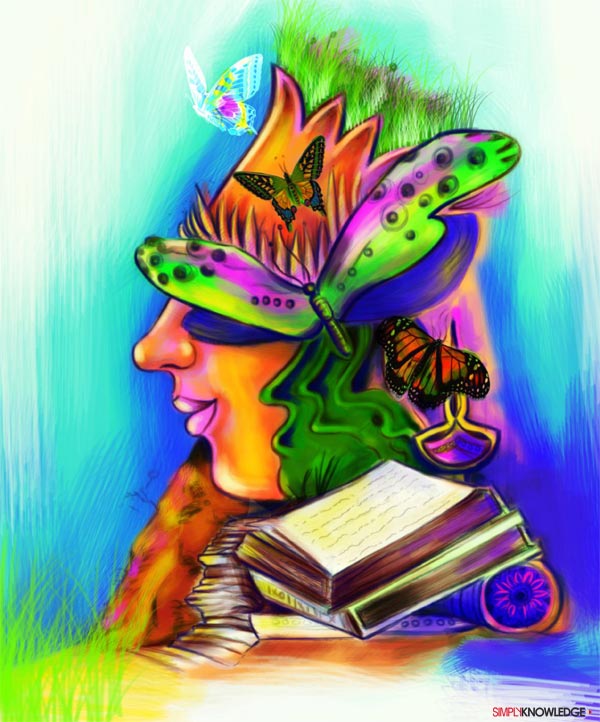
With Plato and later Speussipus having decimated all social taboos related to women studying psychology or joining schools of thought, a larger number of female students began attending such institutions of higher education. Psychologists state that a perfect sense of glory can be partly attained through possession of all material wealth. However, they add that various other factors would also influence such a sense of life without worries, mainly physical wellbeing and various extrinsic factors. Thus, any extenuating causes that can disturb such a state of mind would always be present, albeit a trouble-free mind can theoretically exist.
Next Biography








